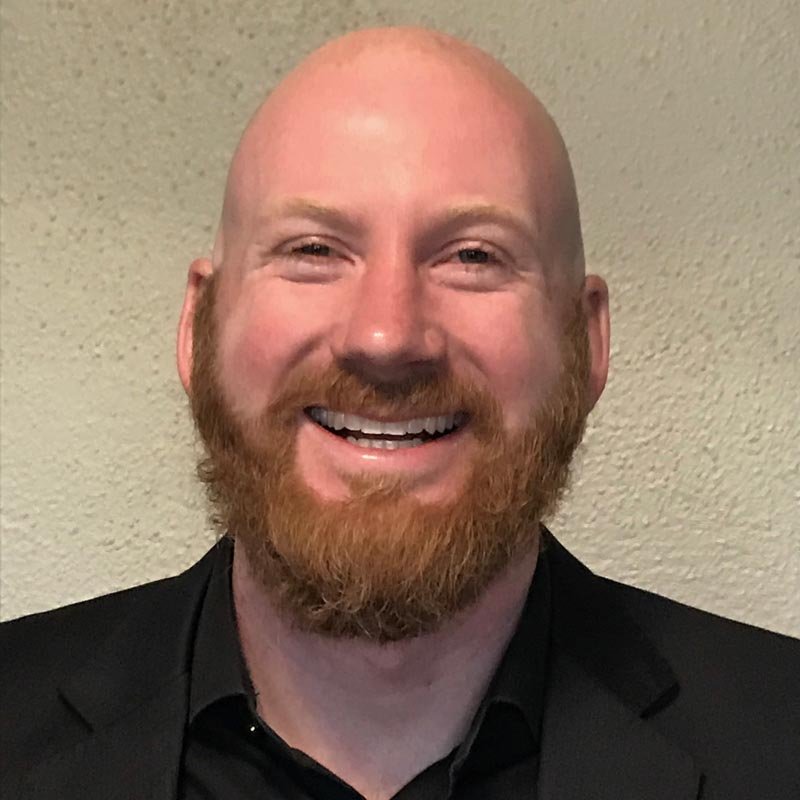LGBTQIA
LGBTQIA is a term used to describe those who fall within the gay, lesbian, bisexual, queer/questioning, transgender, intersex and asexual spectrum. This is not an all inclusive list by any means of people who identify outside the hetersexual or cisgender identity. But using a common language can help to create space for inclusivity and awareness of the issues facing the LGBTQIA population. If you identify on this spectrum studies have found that you are "two-and-one-half times as likely than heterosexual men and women to have had a mental health disorder, such as those relating to mood, anxiety, or substance abuse" in your lifetime (see reference below). This higher prevalence of mental health issues is not a result of being LGBTQIA, it is a result of a culture that stigmatizes LGBTQIA people. This phobia of LGBTQIA people becomes internalized as we are immersed in a culture of intolerance, and often violence, for those who do not fit into the heteronormative and cisgender mold.
If you identify as LGBTQIA, or are wondering if you are, then working with and processing any mental health concerns from a view that accounts for our larger culture will lead to deeper healing. Some issues that often affect the LGBTQIA population are depression and anxiety, addiction, relationship issues, and trauma. The high rates of these mental health issues in the LGBTQIA population does help to create a community that on one hand can be very aware and helpful with these concerns, and can on the other hand also perpetuate further pain and suffering. Looking for support that takes into account your identity and mental health concerns will often benefit you, your community, your family, and your partner (or partners). There is often shame involved with speaking openly about identity or mental health issues and especially the combination of the two. If this is true for you then take it slow, and be aware of who you chose to let into your process and who you chose to not involve in it. This is your path and while we need others to walk with us, we can also be discerning with who we walk with.
At this point you may be skeptical of what therapy or counseling can offer you given past experiences in therapy, or experiences you've heard other LGBTQIA people have had with therapy. So there might be a need to be cautious and really see if therapy or counseling will benefit you, and if you are willing to take the risk to find out. Only you know exactly what you need and often there is a time of indecision and uncertainty before any endeavor worth taking.
My own experience in the LGBTQIA community professionally and personally has been a passion of mine for many years. I have taught graduate students, presented lectures and been on panels concerning the LGBTQIA population and mental health leading me to find a particular joy in that work. My therapeutic work with this population is also a passion of mine, finding the intersections of culture, mental health, sexuality, and gender especially powerful. Please contact me if you have any further questions about my work (therapeutically or educationally) concerning the LGBTQIA population.
Reference: Cochran, S.D., Sullivan, J.G., & Mays, V.M. (2003).
Prevalence of mental disorders, psychological distress,
and mental health services use among lesbian, gay,
and bisexual adults in the United States. Journal of
Consulting and Clinical Psychology, 71, 53-61.



